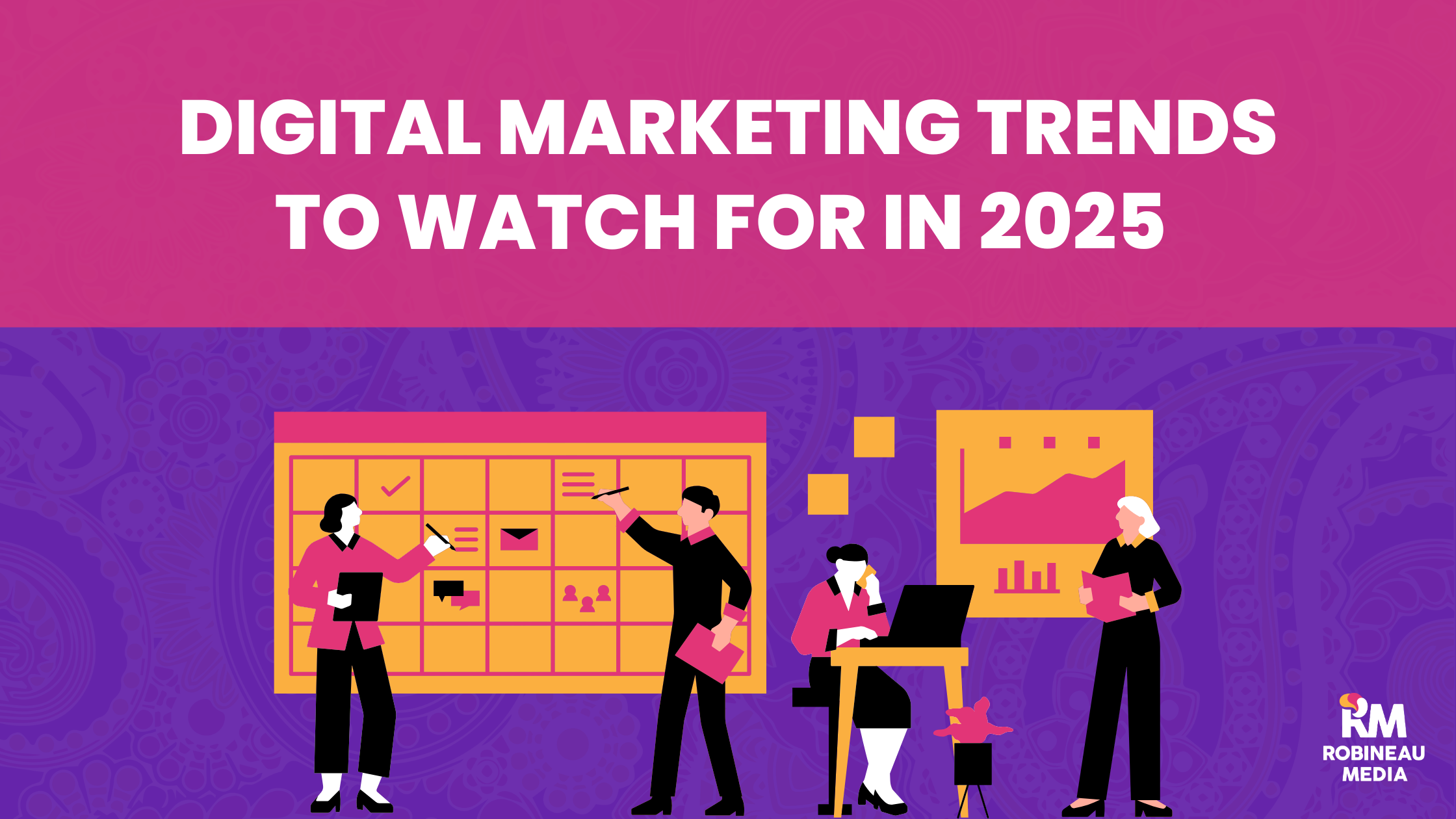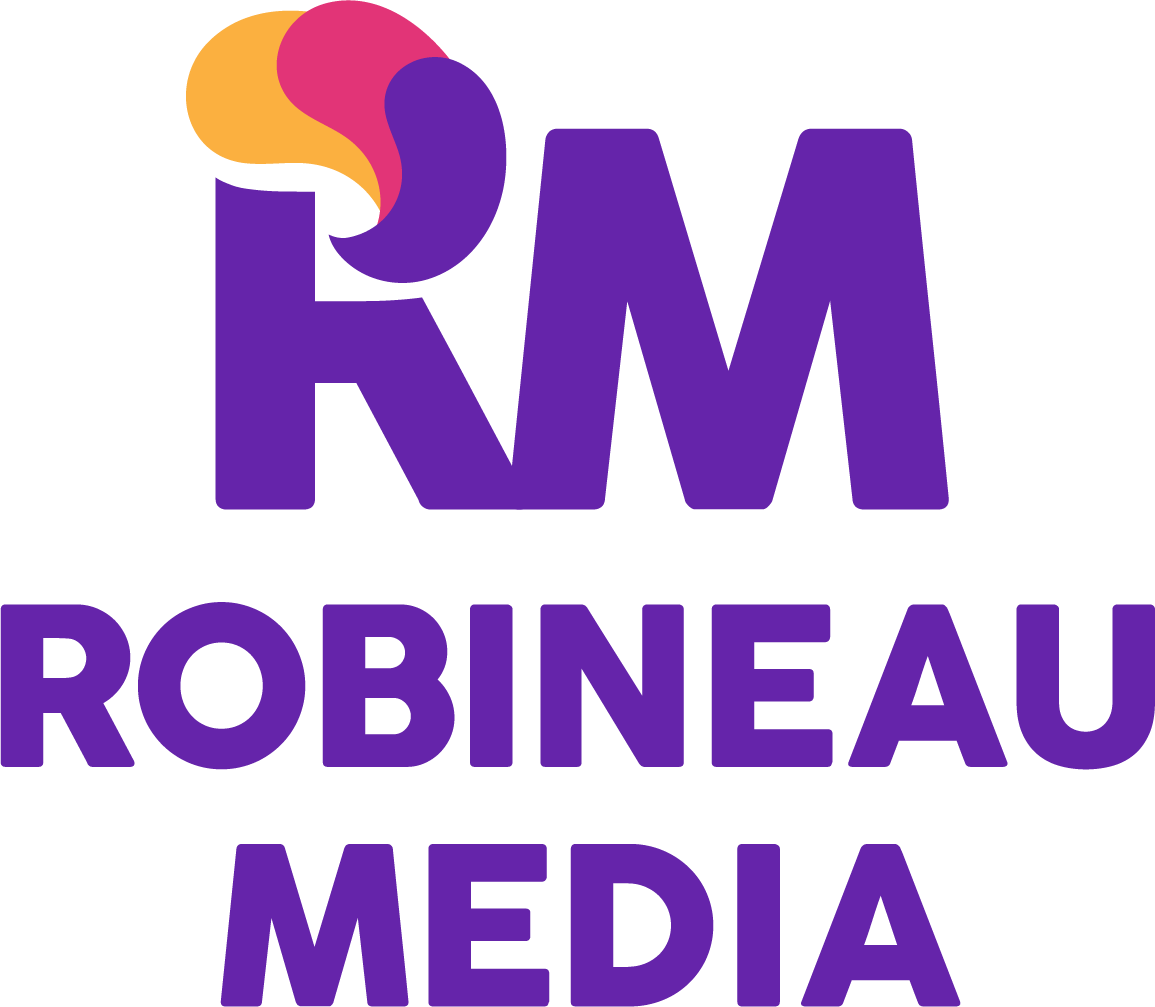
As technology advances and consumer expectations evolve, digital marketing remains a dynamic and essential field for businesses worldwide. In 2025, emerging tools and strategies will reshape how brands interact with their audiences, ensuring that marketing campaigns are more personalized, engaging, and impactful than ever before. At the same time, growing concerns about data privacy and sustainability are pushing brands to innovate ethically and responsibly. So, let’s explore the top digital marketing trends to watch in 2025!
- AI-Powered Marketing
Artificial intelligence (AI) continues to be a helpful tool in the digital marketing landscape, enabling brands to deliver more tailored and efficient experiences. AI tools analyze vast datasets to create hyper-targeted ads and recommendations, ensuring content resonates with individual consumers. AI’s ability to predict consumer behavior will also refine customer journey mapping, allowing brands to anticipate needs and act proactively. However, while AI enhances efficiency, the human touch remains essential in interpreting insights, building connections, and maintaining the creativity that drives impactful marketing strategies.
- Granular Personalization
In 2025, personalization isn’t just a competitive advantage - it’s an expectation. Brand websites and emails should deliver content to users’ past behaviors and preferences in real-time. As third-party cookies are phased out, companies should focus on collecting and leveraging data directly from their audiences through surveys, loyalty programs, and interactive content.
- Growth of Voice and Visual Search
Voice and visual search capabilities are expanding, reshaping search engine optimization (SEO). With smart speakers and voice assistants becoming household staples, conversational SEO will take precedence. Brands will need to optimize for natural, long-tail keywords that match how people speak. Platforms like Pinterest Lens and Google Lens are popularizing visual searches, where users upload images to find information. Optimizing images with alt text and metadata will be essential to maintaining visibility. This shift in search behavior requires brands to rethink their strategies to stay discoverable.
- Interactive and Immersive Content
Interactive content drives engagement, and immersive technologies such as augmented reality (AR) and virtual reality (VR) are transforming storytelling. Virtual try-ons, immersive tours, and gamified experiences will create memorable interactions that captivate audiences. Quizzes and polls will encourage users to spend more time engaging with brands. These formats not only increase time on site but also foster a deeper connection between brands and their audiences.
- Ethical and Sustainable Marketing
Consumers are prioritizing values-driven purchases, compelling brands to embrace sustainability and ethical marketing practices. Highlighting green initiatives and ethical sourcing will resonate with eco-conscious consumers. Honey about company practices, from supply chain to data usage, will build trust and loyalty. Brands that align with their audience’s values will stand out in a crowded marketplace.
- Evolving Influencer Marketing
Influencer marketing remains a cornerstone of digital strategies, but it’s shifting in scope. Smaller influencers with highly engaged niche audiences are becoming more valuable for authentic promotions. Virtual personalities created through AI are emerging as cost-effective and innovative alternatives to human influencers. This evolution enables brands to connect with audiences in more creative and targeted ways.
- Social Commerce Expansion
Social media platforms are transforming into one-stop shopping destinations. Features like Instagram Shopping and TikTok Shop allow users to make purchases without leaving the app. Real-time shopping events are gaining traction globally, blending entertainment with commerce. Social commerce is driving conversions by seamlessly integrating products into everyday online interactions.
- Privacy-Centric Marketing
As consumers become more aware of data privacy, marketers must prioritize transparency and ethical practices. Brands will encourage users to voluntarily share preferences through interactive elements like quizzes or surveys. Secure data storage and transparent usage policies will enhance consumer trust. Marketers must balance personalization with privacy to maintain credibility and compliance with evolving regulations.
- Niche Community Engagement
Building strong, engaged communities will be central to successful marketing strategies. Brands are creating exclusive forums and groups to foster loyalty and deeper connections. Providing perks such as early product access or behind-the-scenes content will reward dedicated followers. These tight-knit communities not only boost engagement but also drive word-of-mouth marketing.
- Omnichannel Marketing Redefined
Consumers interact with brands across multiple touchpoints, and seamless integration is key to success. From social media to email and offline interactions, ensuring consistent messaging strengthens brand identity. Tracking customer journeys across channels will allow for tailored approaches that address unique preferences and pain points. Omnichannel strategies enable brands to create cohesive and memorable experiences that stand out.
By staying attuned to these trends, businesses can adapt and thrive in a competitive digital landscape. Success in 2025 and beyond will depend on marketers’ ability to balance innovation with authenticity. Those who embrace change and prioritize their audience’s values will not only stay relevant but also lead the way in a new era of digital marketing.

